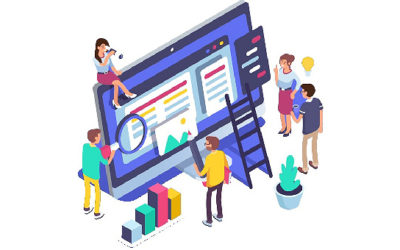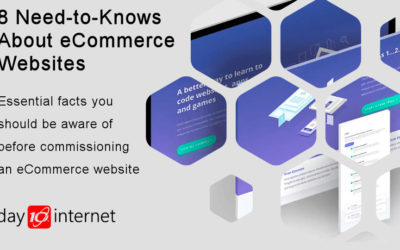The recent revelations about Ebay’s data security breaches has renewed the public focus on privacy and the web. But what do we mean by online privacy and how much do you think you’ve got?
Most of us like to think that our privacy is secure. That information about us, our data, is not available to other people without our knowledge or permission. But when we talk about our data what do we mean?
Most people would list things such as; bank details, medical data, salary information, criminal records (for those unlucky enough to have one!), financial history etc. In reality, data such as this is just the tip of the iceberg. If we all knew just how much information about us is held in various databases we would be astonished.
As we go through life, we leave a trail of information behind, much of which is being gathered by disparate organizations. For example, we go to the supermarket, take trolley full of shopping to the till and pay by card. Everything we bought is recorded by the store. After we’ve shopped in that store a few times, the data that has been recorded can be analyzed to provide more data about such things as our preferences, financial status, lifestyle, social status etc. Have you ever wondered why stores offer those loyalty cards which give us discount vouchers or points that can be redeemed against purchases? No it’s nothing to do with loyalty, it’s because they give the store a little bit more information about us, all of which goes into the database and can be used to further the store’s analysis and data about us.
Every time we go online we leave a data trail that is picked up, stored, and subsequently analyzed to add to the information already available about us. Google is the master at this. Google’s mission as a company is not to provide a search facility online, but to gather as much data as possible about as many things and people as possible. Why? Because to can be analyzed and turned into information and descriptions of us that we didn’t even realize ourselves.
If you think this is all a bit frightening, The two areas I mentioned are just the start. Wherever we go, what ever we do usually leaves a data trail; phone records, CCTV, email, TV viewing (smart TV makes this possible) etc. The list goes on and is being added to every year.
And I haven’t even mentioned online monitoring by government security services which goes on despite what our governments try to tell us. The recent revelations from Edward Snowden prove this. I do find it interesting that we react when we find out about government monitoring such as this but are quite happy to let the likes of Google and FaceBook loose with our data. This clearly says that we are more afraid of governments that we are of private corporations. But that’s another story…
So where am I going with all this? In today’s interconnected, online world, no one has privacy. Tim Berners-Lee, the “grand father of the web”, recently proposed an “Online Magna Carta” or “Bill of Rights” for the web to regulate the use of data. This sounds like a good start but private companies and governments are gathering data about us and we might as well get used to it because there is little we can do to stop it.






